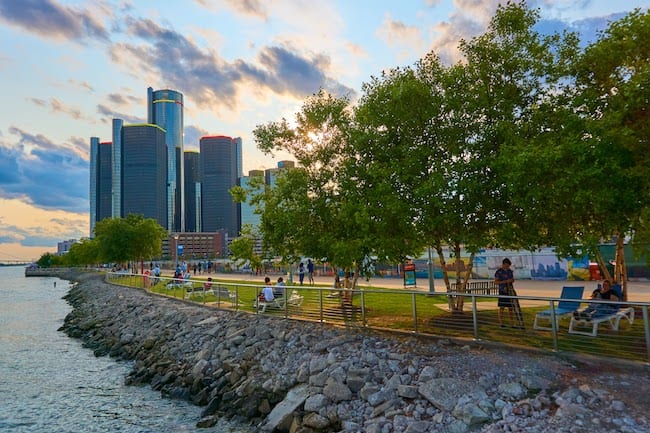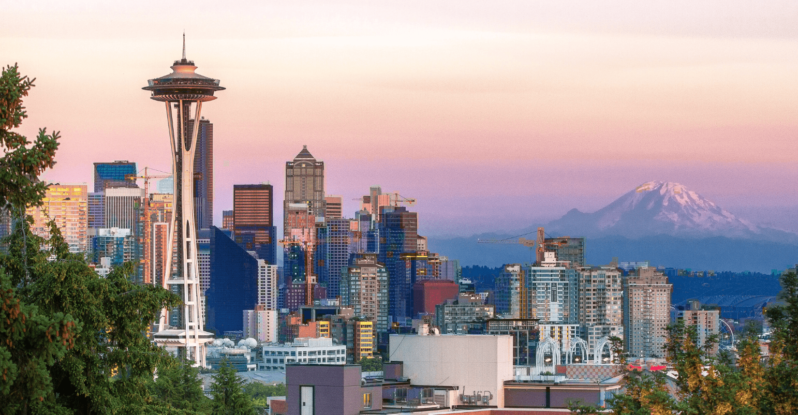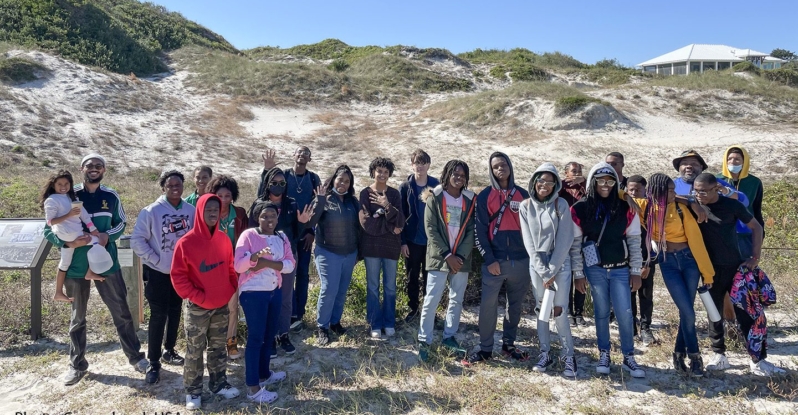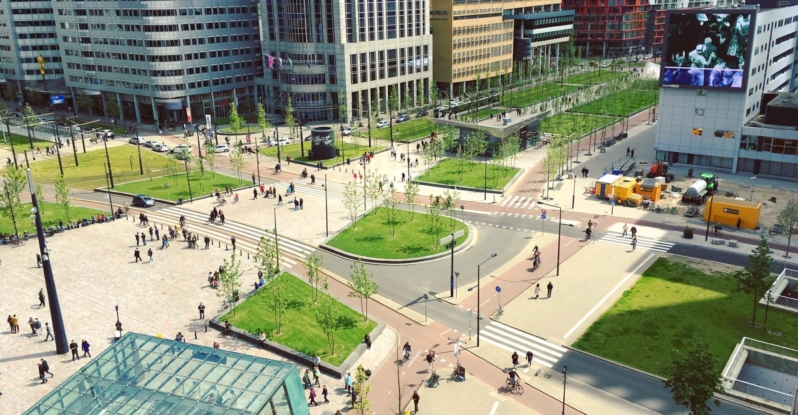Please join your grantmaking peers for the next Funders Learning Network event, a conversation with the Knight Foundation as they share findings from their recently released report, Adaptive Public Space: Places for People in the Pandemic and Beyond.
The study looked at pre- and mid-pandemic data for public spaces in four cities, Philadelphia, Detroit, San Jose, and Akron, and included neighborhood parks, natural green spaces, and citywide destinations like waterfront retail hubs and makes recommendations for improving and re-imagining these spaces post-pandemic. “Public spaces that emphasized community engagement thrived during COVID-19 and became a vehicle for addressing racial equity issues in the community…The findings illustrate the power of public space as a platform for community development: whether by building resident trust, spurring social activity, supporting economic and workforce development, or catalyzing neighborhood change.”
Lilly Weinberg, Knight’s senior director for community and national initiatives, Kyle Kutuchief, director/Akron, and Evette Alexander, director of learning and impact will share report findings to open the conversation. Please come with your questions and local experiences to share.
This event is open to representatives of grantmaking foundations and space is limited.
Peer-to-Peer Conversation Sponsored by:





